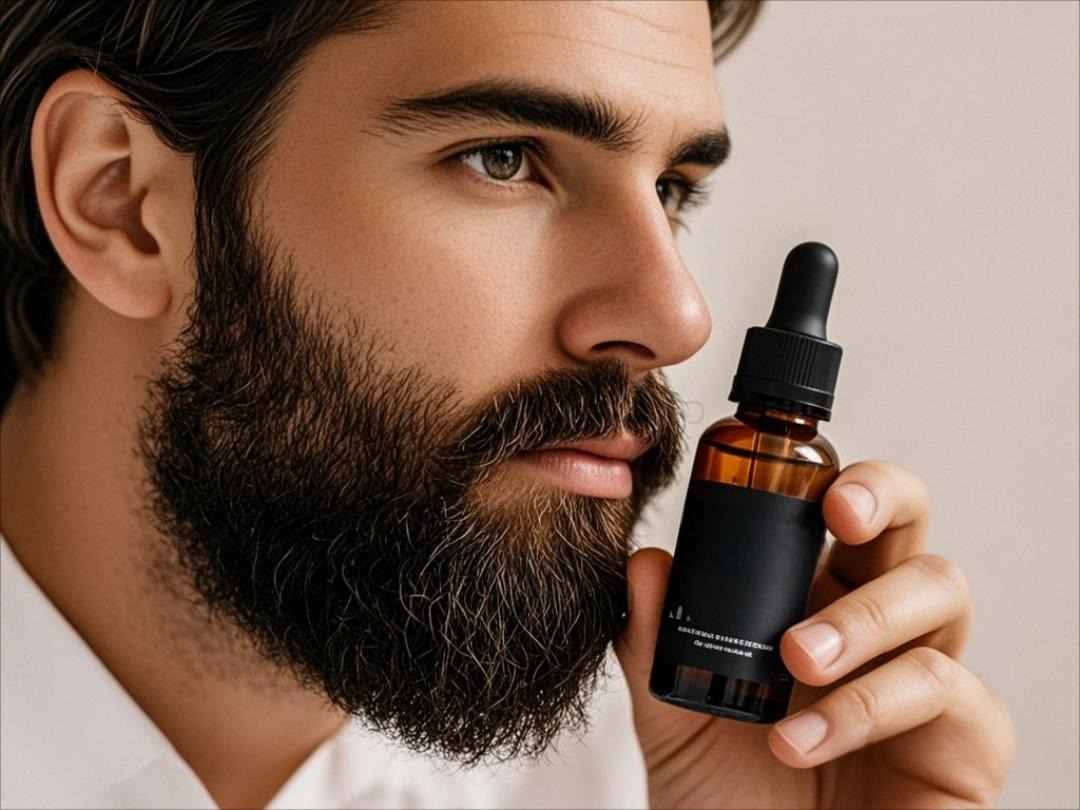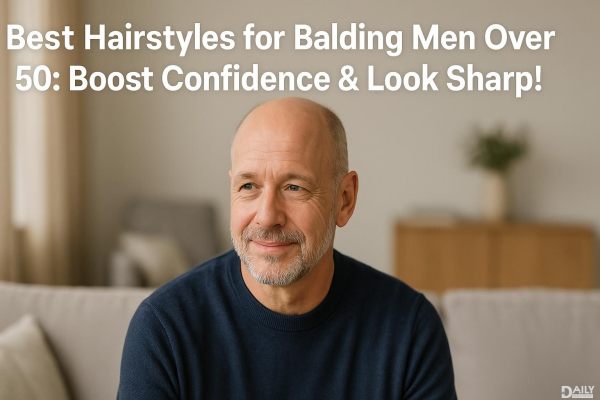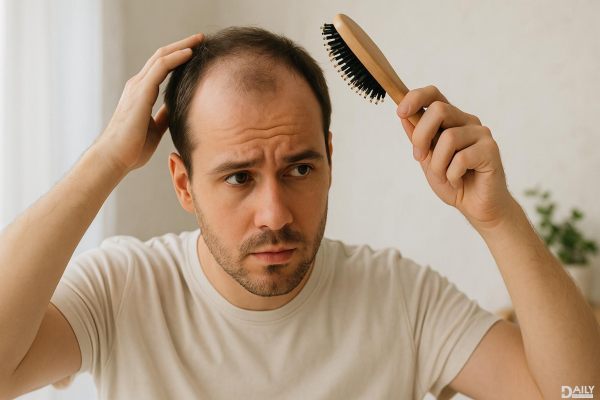Men's hair turns gray primarily because of genetics, aging, and the gradual loss of melanin—the pigment responsible for hair color. But before you start blaming your parents for your silver streaks, know this: while you can't stop graying entirely, you can slow it down naturally with the right lifestyle tweaks and science-backed strategies.

Gray hair isn’t just about age—it’s a complex interplay of biology and environmental factors. Hair follicles contain melanocytes, cells that produce melanin. Over time, these cells slow down or stop working altogether, leading to less pigment and eventually gray or white strands. Oxidative stress—a fancy term for damage caused by free radicals—also plays a major role. When your body can’t neutralize these unstable molecules fast enough, they attack melanocytes, speeding up the graying process. And yes, stress itself can literally turn your hair gray, thanks to hormones like cortisol wreaking havoc on pigment-producing cells.
If your dad or granddad went gray early, chances are you will too. Research shows that genetics determine about 70% of when you’ll see those first silver strands. The IRF4 gene, in particular, is linked to melanin production and graying. While you can’t rewrite your DNA, understanding your genetic predisposition helps set realistic expectations—and reminds you that going gray isn’t a failure, just biology doing its thing.
Smoking, poor diet, and chronic stress are like pouring gasoline on the graying fire. Smoking constricts blood vessels, reducing nutrient flow to hair follicles, while a diet low in vitamins B12, D, and E leaves melanocytes undernourished. Stress triggers inflammation, which can damage pigment-producing cells. Even excessive sun exposure without protection can degrade melanin over time. The good news? These factors are within your control.
Start with nutrition: load up on antioxidant-rich foods like berries, leafy greens, and nuts to combat oxidative stress. Prioritize vitamins B12 (found in eggs and fish), copper (in shellfish and seeds), and zinc (in meat and legumes)—all crucial for melanin production. Scalp massages with coconut or rosemary oil may boost circulation, delivering more nutrients to follicles. And don’t underestimate stress management—meditation, exercise, and adequate sleep help lower cortisol levels, potentially preserving pigment longer.
No, plucking one gray hair won’t make three grow back (that’s an old wives’ tale). And while supplements like catalase or PABA are marketed as miracle workers, evidence is spotty. The real game-changer? Consistency in healthy habits. Think of it like skincare for your scalp—long-term care yields the best results.
Gray hair is inevitable, but how and when it happens isn’t entirely out of your hands. By understanding the causes and adopting proactive measures, you can keep your color richer for longer—or rock the silver with confidence when the time comes.
























